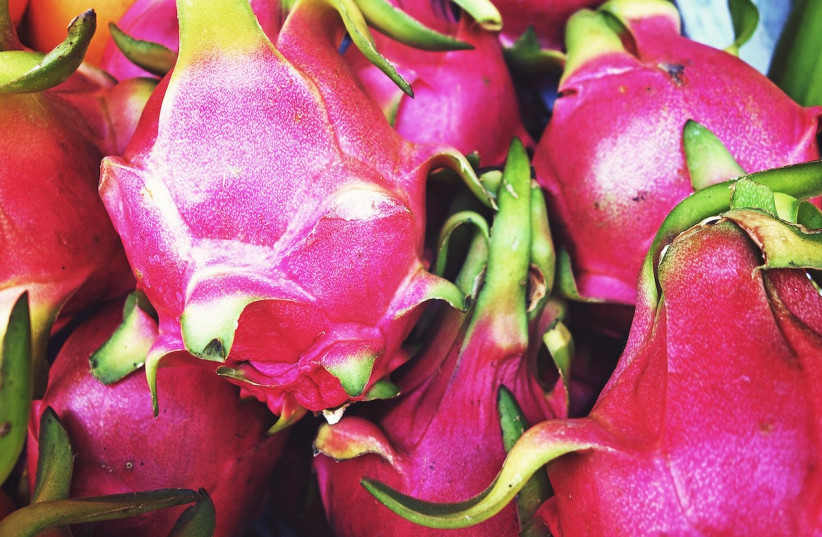Eating yellow dragon fruit, better known as pitaya, can cure constipation, a new viral trend is now claiming.
Users say that the hard-skinned spiky fruit, part of the cactus family, acts as a natural laxative. Videos with the hashtag #yellowdragonfruit have amassed more than 100 million views since February. Users have shown themselves cutting open the fruit and eating both the inner white part and the seeds.
Experts say, however, that there's really nothing special about this fruit compared to others, and eating too much of any fruit loaded with dietary fiber may send you to the bathroom anyway or even worse: cause constipation.
Is lots of fiber good?
Most fruits, including pitaya, promote regular bowel movements due to their high fiber content. The fibers help increase the weight and size of the stool and soften it, which makes stool smoothly exit through the intestine.
However, too much fiber can lead to bloating, gas and constipation. In more extreme cases, it can cause intestinal obstruction.

The current trend started in February when a user named Haley Kate posted a video about how delicious a yellow dragon fruit was. Two days later, she posted another video saying that the fruit had completely cleansed her digestive system.
She said that her body was completely cleaned out because the seeds have so much dietary fiber they act as a natural laxative.
The original video received 3.2 million likes with Kate eating pitaya and then showing herself in the bathroom shortly after. Since then, the hashtag #yellowdragonfruit has received over 110 million views.
Healthy fruit
Pitaya, which belongs to the cactus family, is definitely a good source of dietary fiber and magnesium, as well as vitamin C, iron, and B vitamins. Also lycopene, the pigment that gives pitaya its intense color, provides the body with health benefits and has been linked in studies to reducing the risk of prostate cancer.
The relatively high amount of fiber that the fruit contains - about 3 grams per 100 grams of fruit - is equivalent to 12% of the recommended daily value of dietary fiber.
The high amount of fiber encourages metabolism, which helps with the weight loss process. If that's not enough, the seeds of the fruit are very effective in stimulating the intestines as they contain polyunsaturated fatty acids (omegas 3 and 6) that reduce blood triglyceride levels. They also lower the risk of cardiovascular disorders.
At the same time, despite the many benefits of the fruit, it's important not to forget that it also contains quite a bit of fruit sugar, fructose, so like its sweeter and better known counterparts, it should be consumed in moderation.
